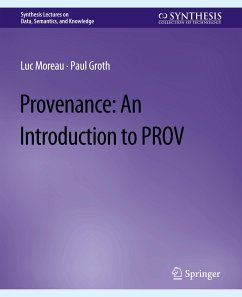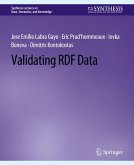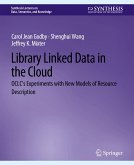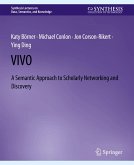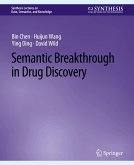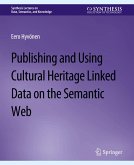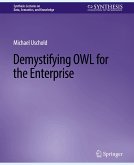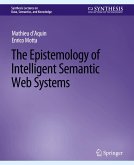The World Wide Web is now deeply intertwined with our lives, and has become a catalyst for a data deluge, making vast amounts of data available online, at a click of a button. With Web 2.0, users are no longer passive consumers, but active publishers and curators of data. Hence, from science to food manufacturing, from data journalism to personal well-being, from social media to art, there is a strong interest in provenance, a description of what influenced an artifact, a data set, a document, a blog, or any resource on the Web and beyond. Provenance is a crucial piece of information that can help a consumer make a judgment as to whether something can be trusted. Provenance is no longer seen as a curiosity in art circles, but it is regarded as pragmatically, ethically, and methodologically crucial for our day-to-day data manipulation and curation activities on the Web.Following the recent publication of the PROV standard for provenance on the Web, which the two authors actively help shape in the Provenance Working Group at the World Wide Web Consortium, this Synthesis lecture is a hands-on introduction to PROV aimed at Web and linked data professionals. By means of recipes, illustrations, a website at www.provbook.org, and tools, it guides practitioners through a variety of issues related to provenance: how to generate provenance, publish it on the Web, make it discoverable, and how to utilize it. Equipped with this knowledge, practictioners will be in a position to develop novel applications that can bring open-ness, trust, and accountability.Table of Contents: Preface / Acknowledgments / Introduction / A Data Journalism Scenario / The PROV Ontology / Provenance Recipes / Validation, Compliance, Quality, Replay / Provenance Management / Conclusion / Bibliography / Authors' Biographies / Index

